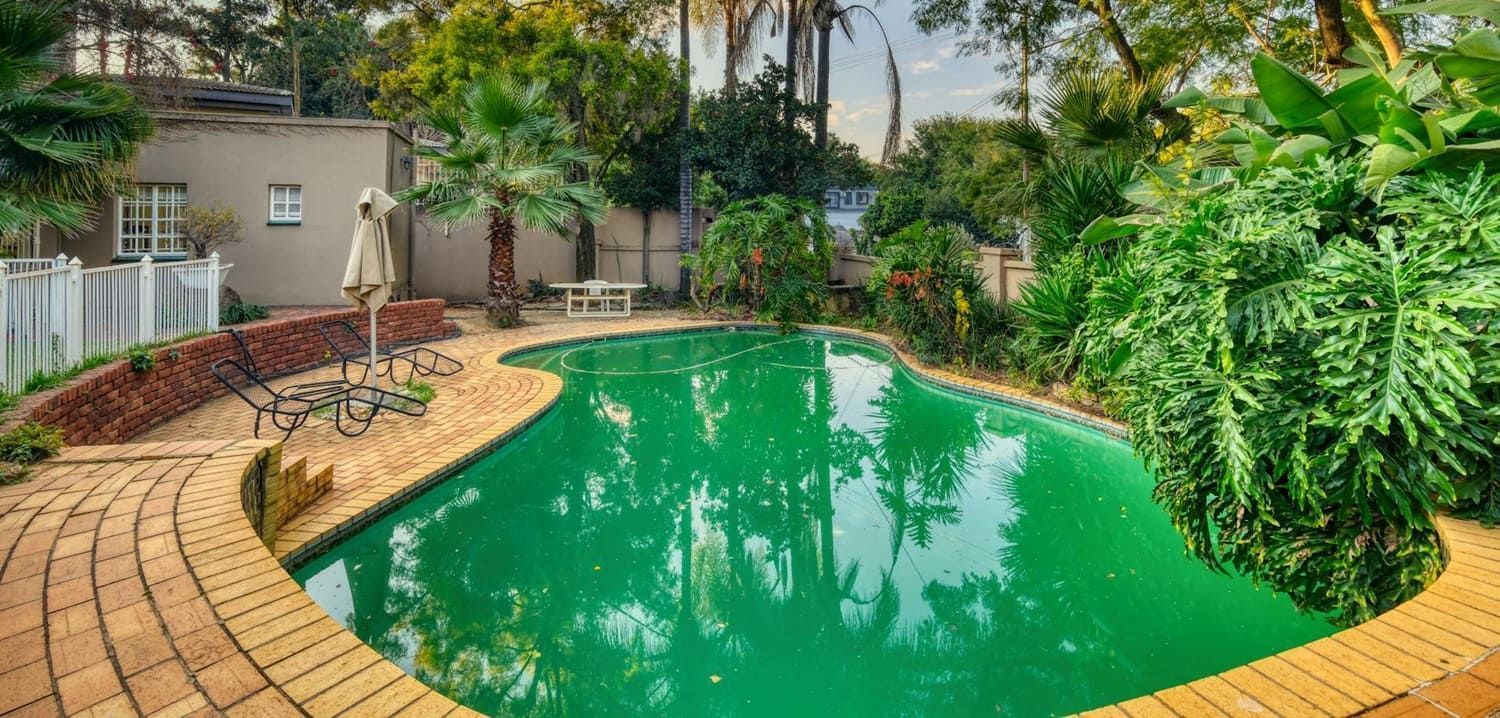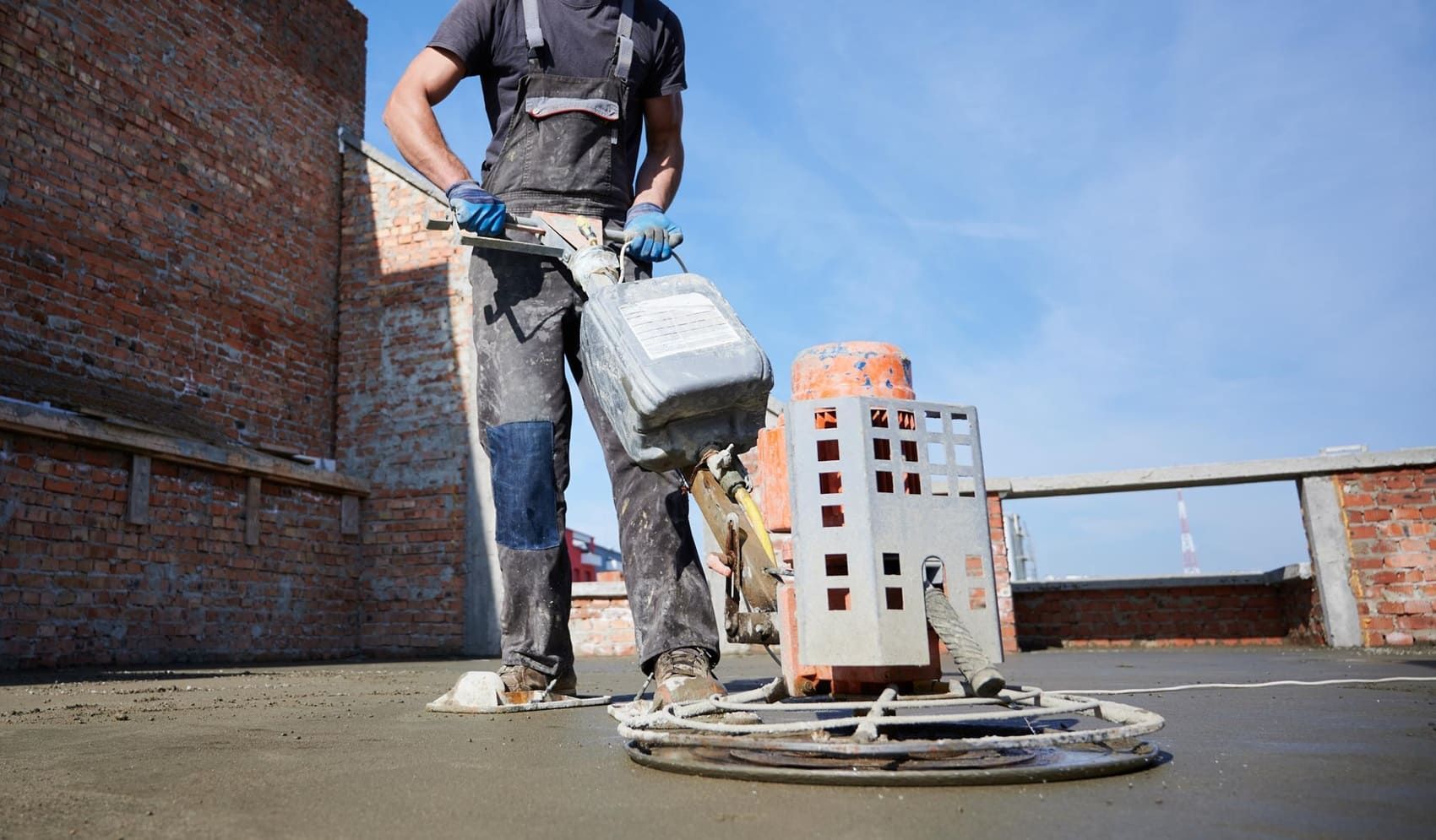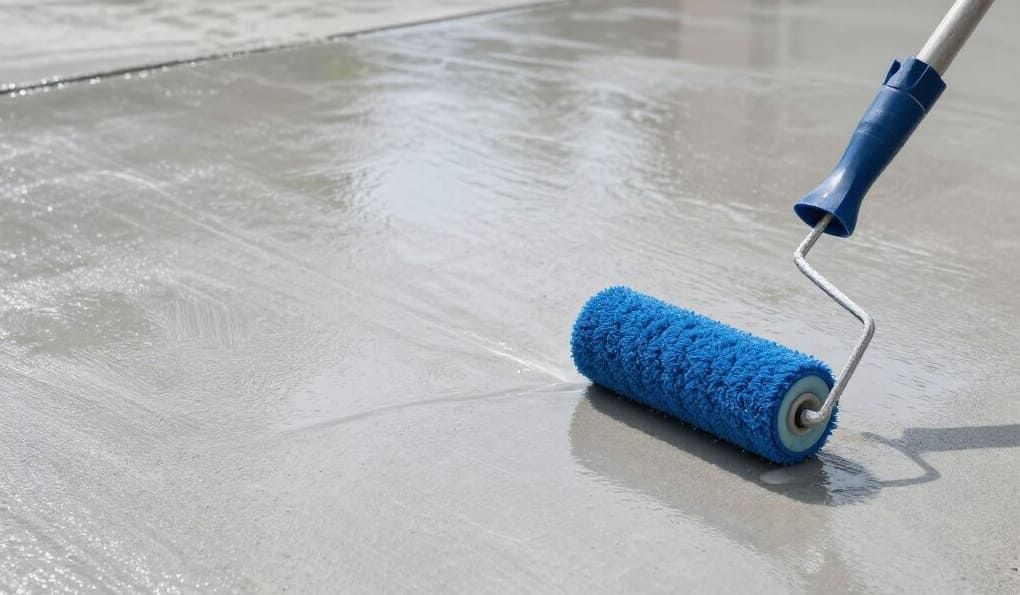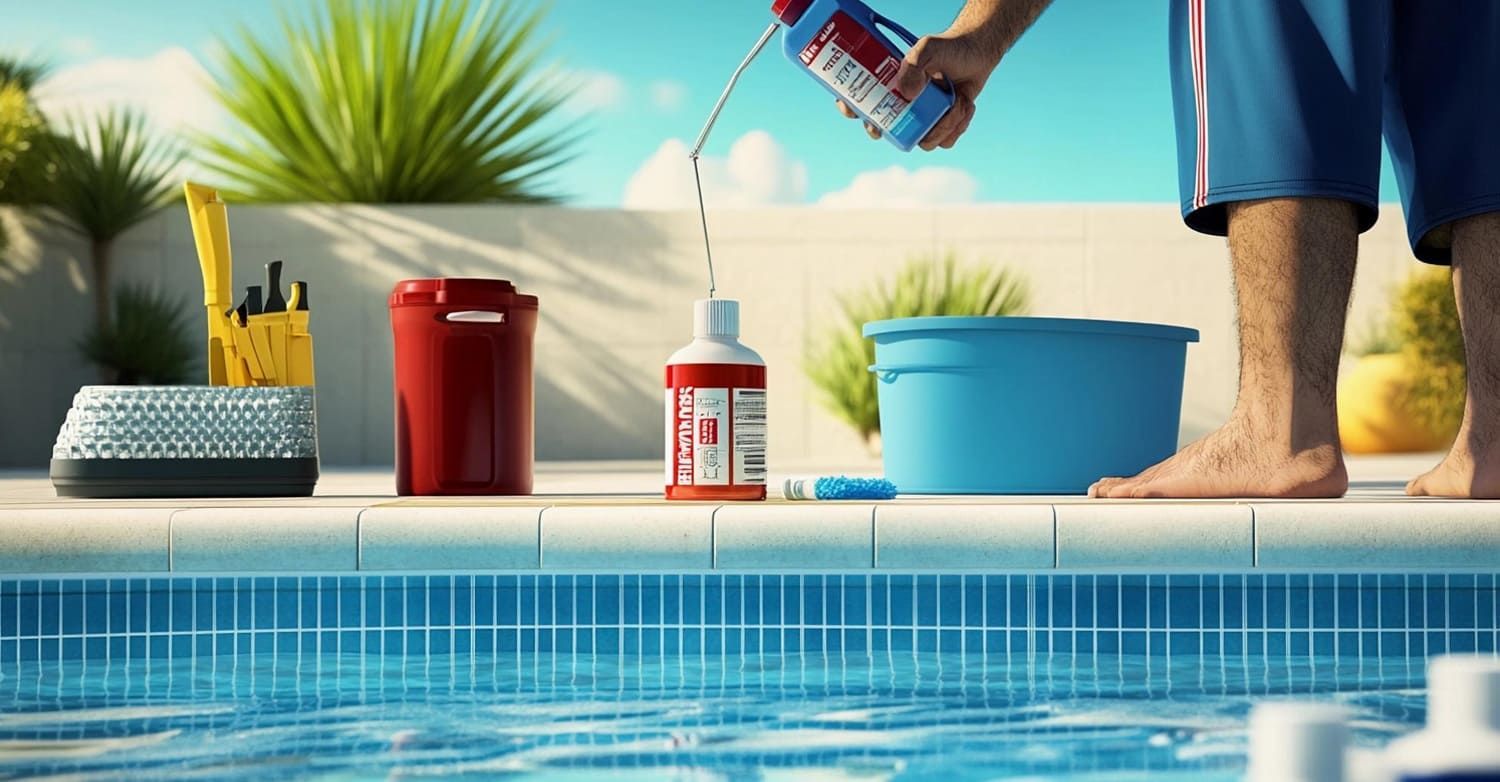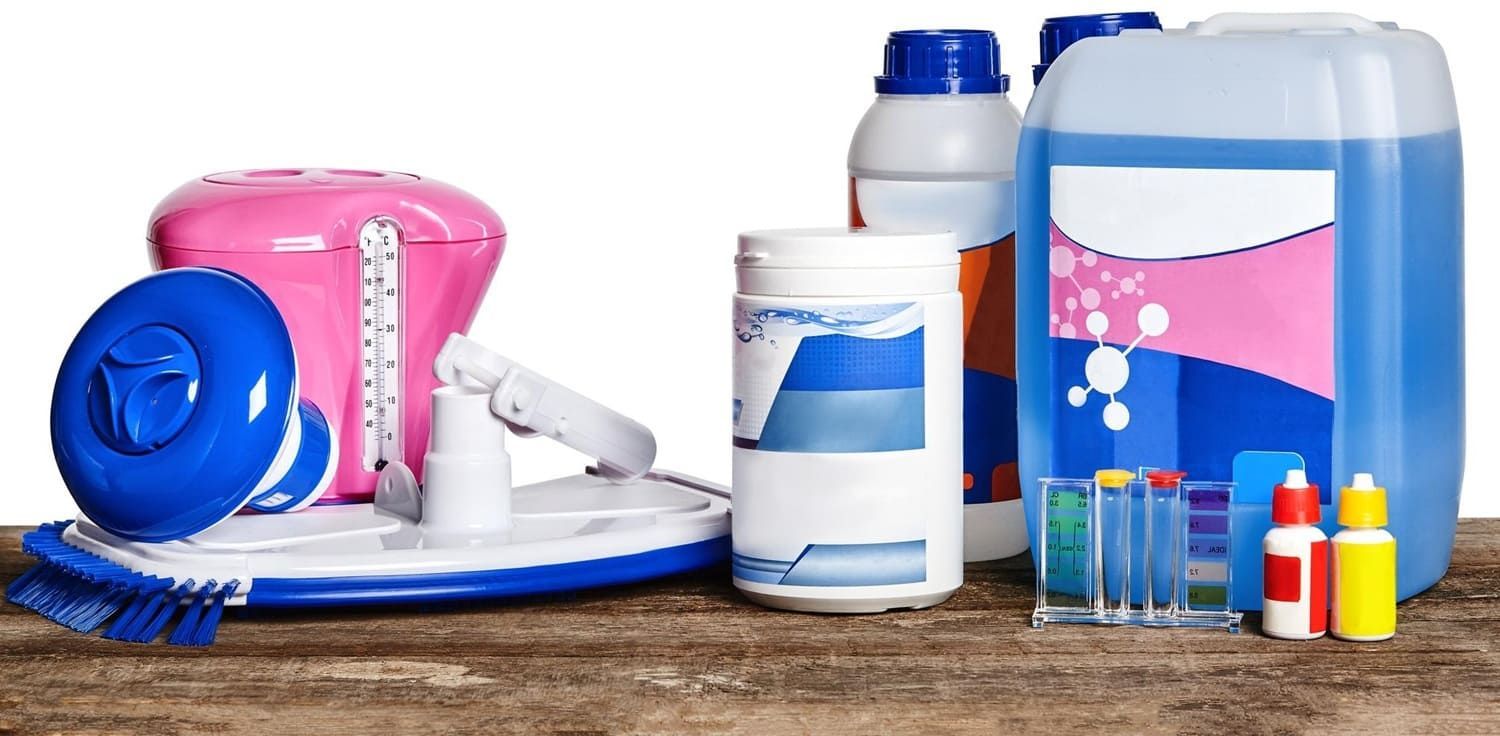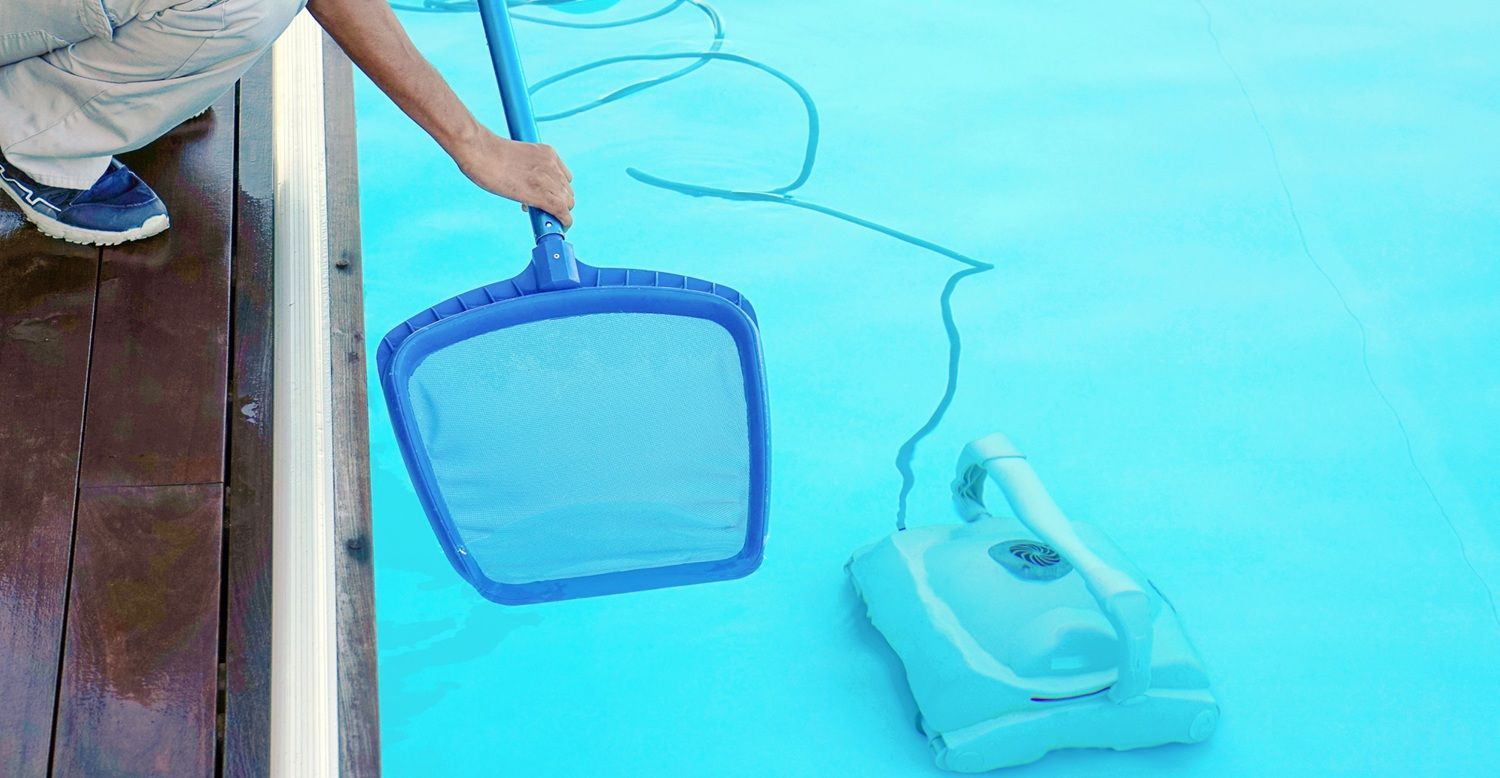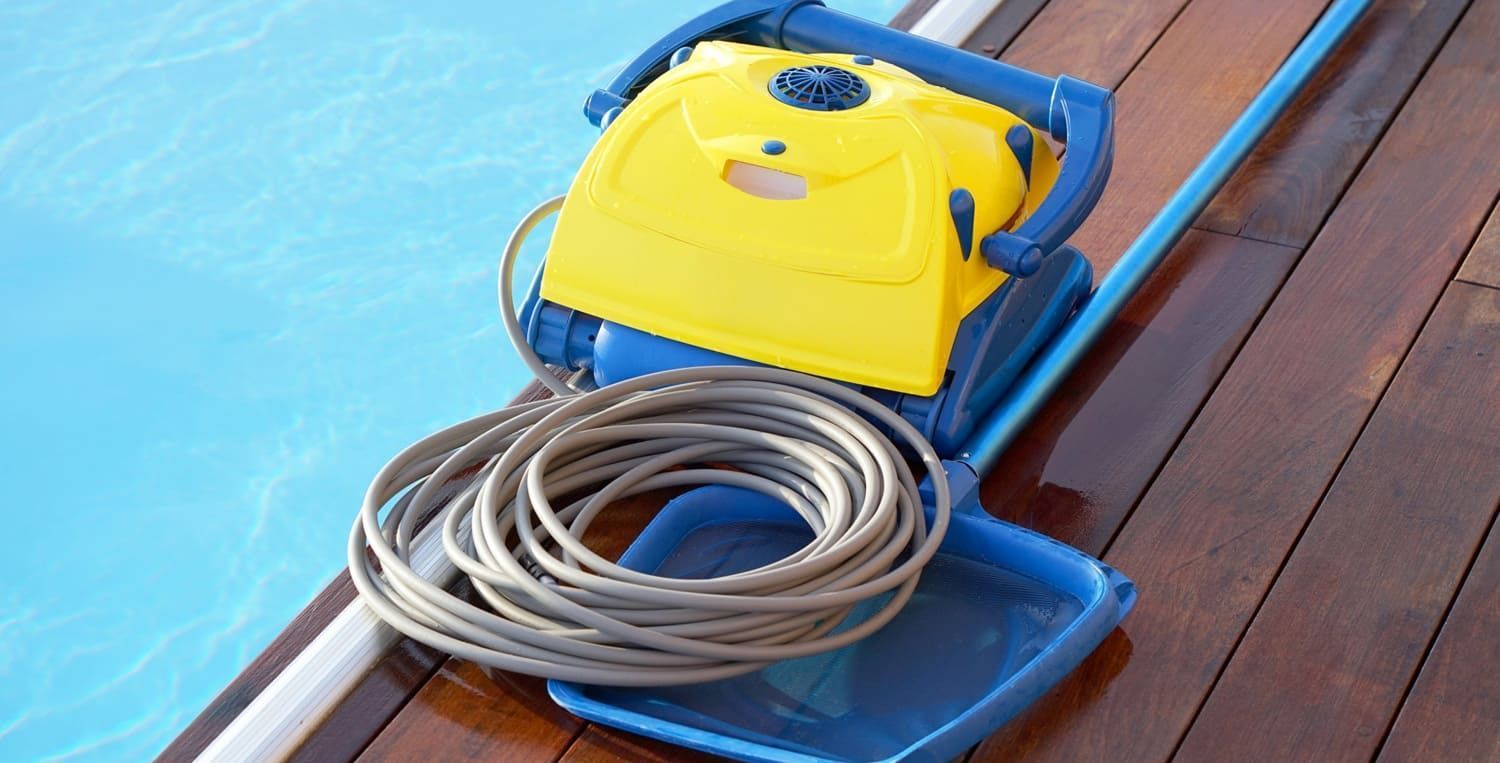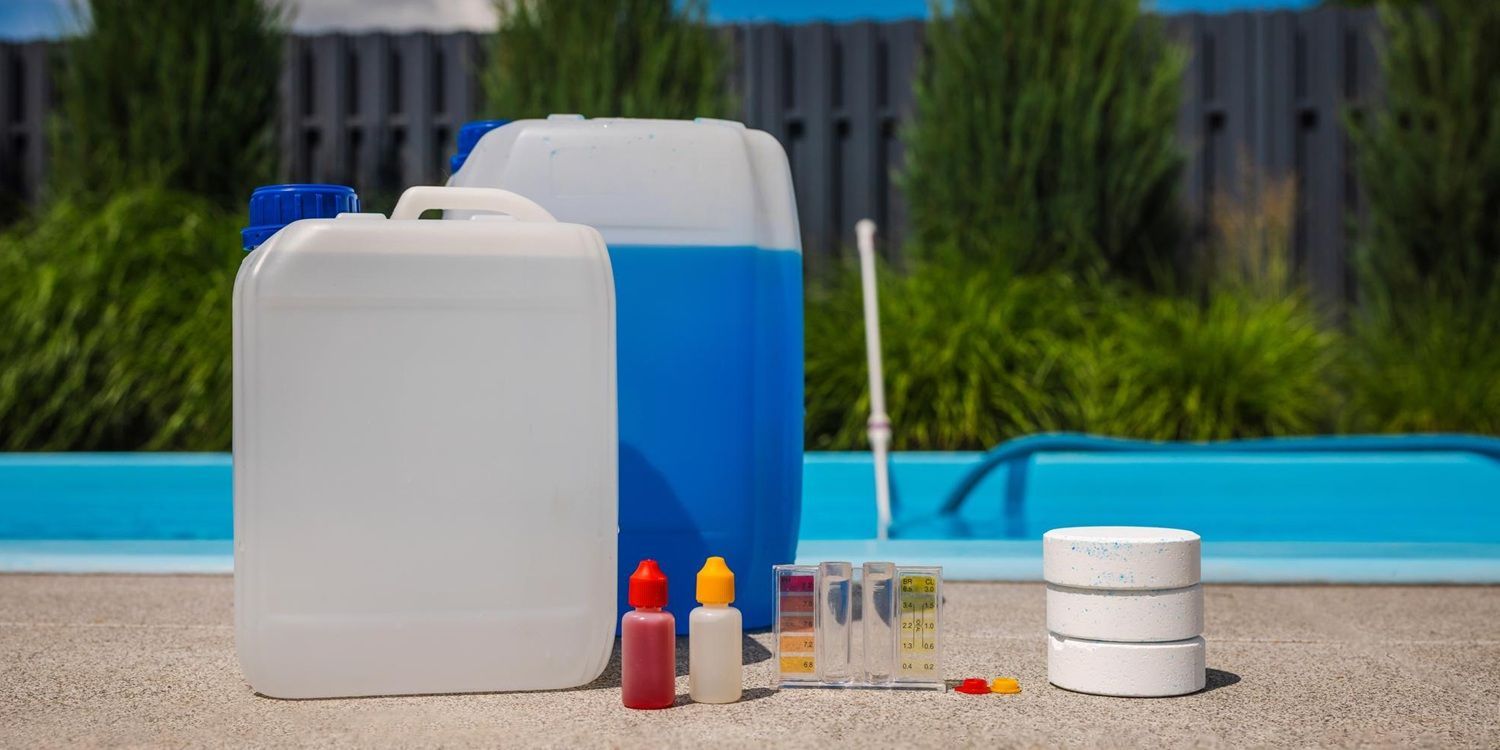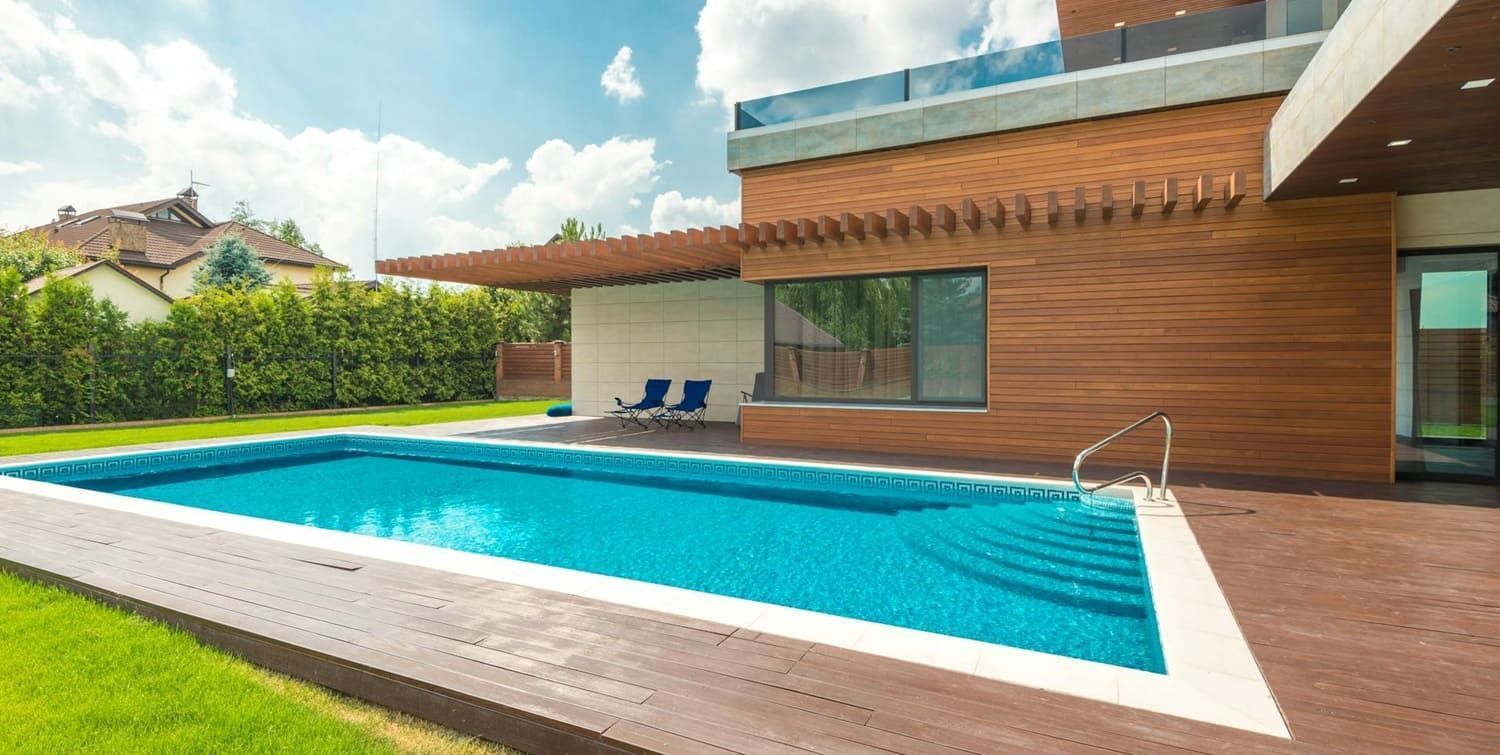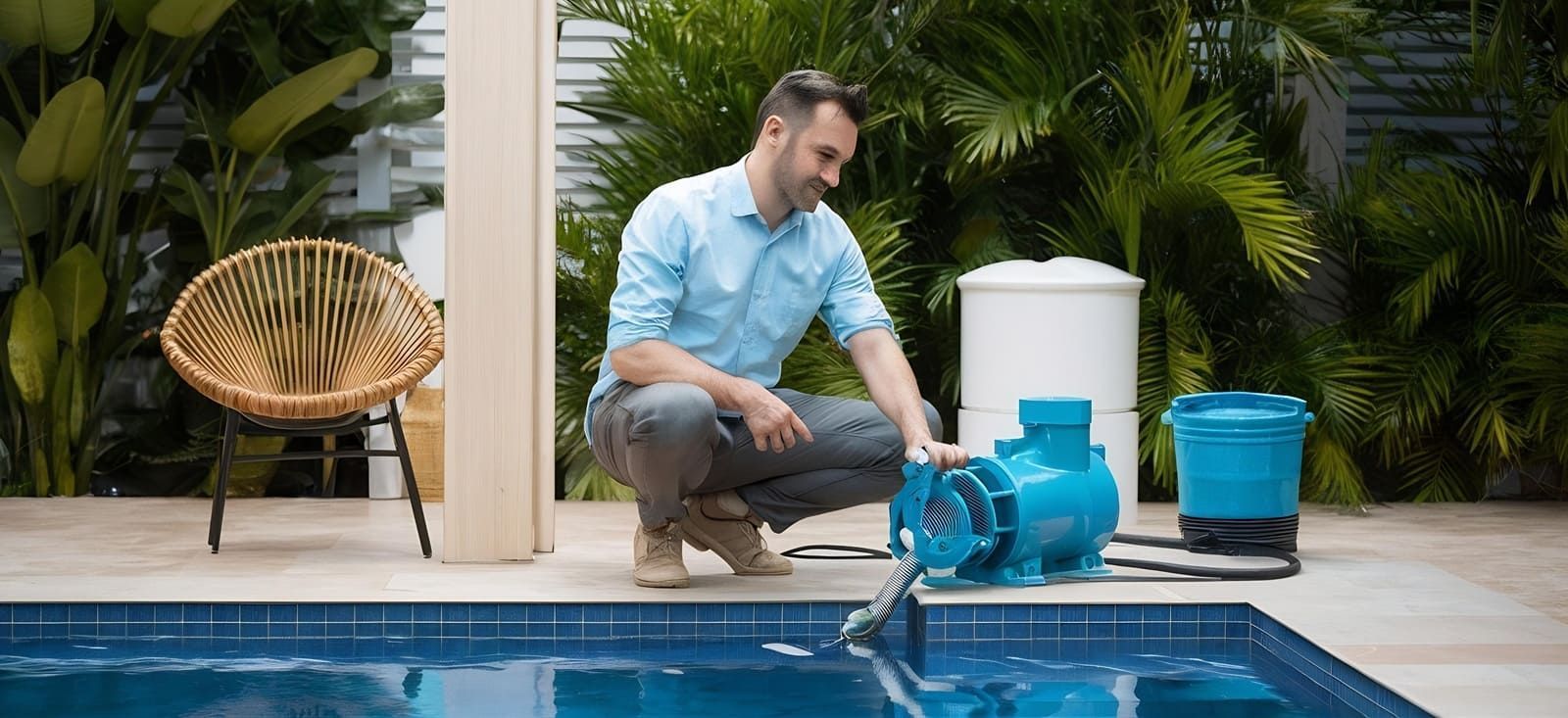How Much Pool Chlorine Should You Really Add?
Adding the right amount of pool chlorine is really important. Learn how to keep your pool in great shape by clicking here.
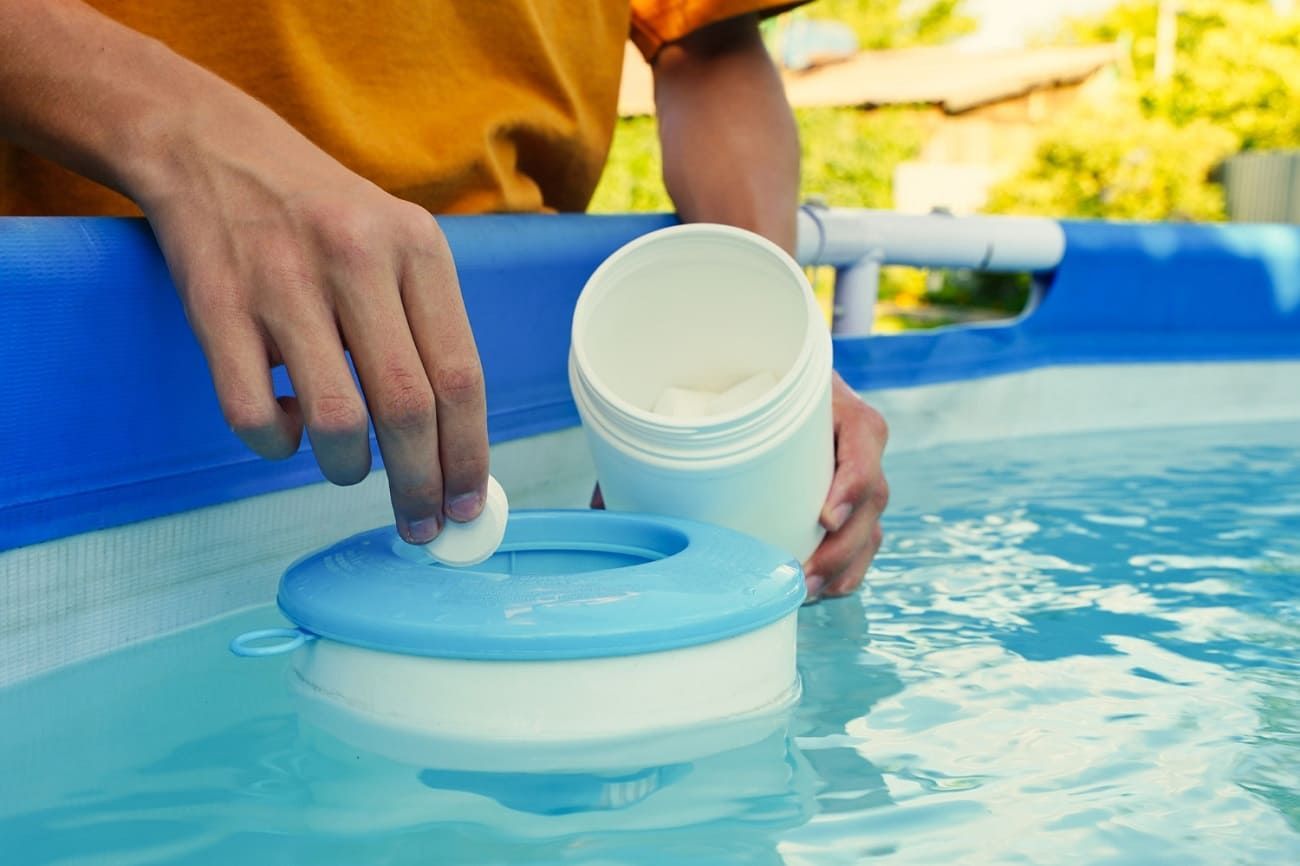
A pool is a great way to stay healthy and better your physical and mental health. That being said, maintaining the proper chemical balance in the water is essential for a safe and enjoyable swimming experience.
One important chemical to consider is chlorine, which is commonly used to sanitize pool water and keep it free from harmful bacteria and algae.
However, adding too much or too little chlorine can cause problems. How much pool chlorine should you really add to maintain a healthy and clean pool? How important is proper chlorine usage to keeping a pool in great shape? Read on and we'll walk you through what you need to know.
Why is Chlorine Important for Pool Maintenance?
Chlorine is important for pool maintenance because it is a powerful disinfectant. It can kill harmful bacteria and other microorganisms that can thrive in pool water.
Without proper disinfection, pool water can become a breeding ground for algae, bacteria, and other microorganisms. These can all pose health risks to swimmers.
Chlorine works by releasing free available chlorine (FAC) into the pool water, which reacts with contaminants such as sweat, oils, and urine to form chloramines.
Chloramines can cause skin irritation, eye irritation, and respiratory problems for swimmers. For this reason, it is important to maintain the right balance of chlorine in the pool water to prevent its formation.
In addition to its disinfectant properties, chlorine also helps to stabilize the pH of pool water. A stable PH level is important for maintaining a comfortable swimming environment. It can also protect pool equipment from damage.
However, it is important to use the appropriate amount of chlorine, as too much can cause skin irritation and damage to pool equipment, while too little can leave the water vulnerable to harmful microorganisms.
Chlorine is available in different forms, including granules, tablets, and liquids.
The most common form used for residential swimming pools is granular chlorine.
How Much Chlorine Should You Add to Your Pool?
The amount of chlorine needed to maintain a healthy pool varies depending on a number of factors. These include the size of the pool, the temperature of the water, and the frequency of use.
In general, you should aim to maintain a chlorine level of 1-3 parts per million (ppm) in your pool. This can be measured using a pool testing kit, which is available at most pool supply stores.
To calculate the amount of chlorine needed to achieve the desired level, you'll need to know the volume of your pool in gallons. Think of this process like a chlorine calculator.
Once you have this information, you can use the following formula:
Chlorine required (in ounces) = (pool volume in gallons x desired chlorine level in ppm) / 10,000
For example, if you have a 20,000-gallon pool and you want to maintain a chlorine level of 2 ppm, you would need to add:
(20,000 x 2) / 10,000 = 4 ounces of chlorine
When Should You Add Chlorine to Your Pool?
You should add chlorine to your pool on a regular basis to maintain the appropriate level of free available chlorine (FAC) in the water.
The frequency of adding chlorine will depend on a variety of factors, including the size of your pool, the number of swimmers, and the temperature and weather conditions in your area.
It's important to add chlorine after heavy use, such as at a pool party, or after a heavy rainstorm, as these events can dilute the chlorine in the water. In general, chlorine should be added at least once a week to maintain the desired level.
It's also important to note that chlorine can break down quickly in direct sunlight, so it's best to add chlorine in the evening or early morning when the sun is not as strong.
When adding chlorine to your pool, be sure to follow the instructions on the product label and use the appropriate amount for your pool size. It might be best to work with a professional who knows what they're doing well.
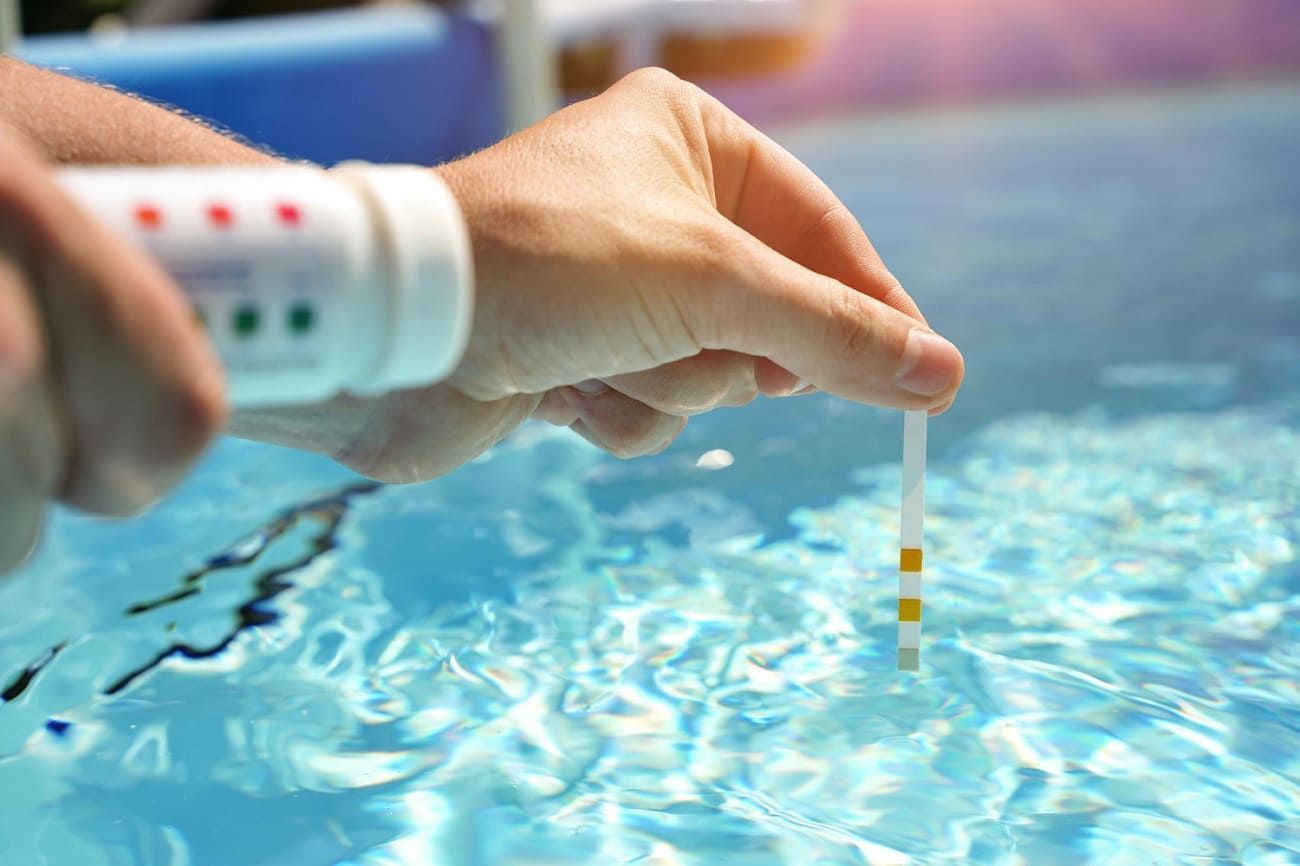
Risks of Adding Too Much Chlorine
Adding too much chlorine to your pool can have negative consequences.
For one, it can cause skin and eye irritation, as well as respiratory problems if inhaled in large amounts. In addition, excessive chlorine can break down the lining of your pool, causing it to deteriorate more quickly.
Over time, this can lead to costly repairs or even having to replace the entire pool.
Too much chlorine can also make the pool water taste and smell unpleasant, which can be off-putting for swimmers. Excessive chlorine can cause swimwear to fade or even bleach, which can be costly and frustrating.
Risks of Not Adding Enough Chlorine
On the other hand, not adding enough chlorine can lead to a buildup of harmful bacteria and algae in the water.
This can cause skin and eye infections, as well as respiratory problems.
In addition, low levels of chlorine can lead to cloudy water in the pool, which can make it difficult to see the bottom and can make the water uninviting for swimmers. Cloudy and unappealing water can deter people from using the pool, reducing its overall enjoyment and value.
Acidic water can also damage pool equipment, including pumps, filters, and heaters.
Managing Pool Chlorine
Keeping the proper level of chlorine in your pool is one of the most important parts of proper pool maintenance. The above information can help you keep your pool chlorine levels in check no matter the size of a pool or your level of experience. Need more help properly maintaining your home pool? Reach out to LayorCare Pool & Patio and give us a call anytime for further assistance.Recent Posts
